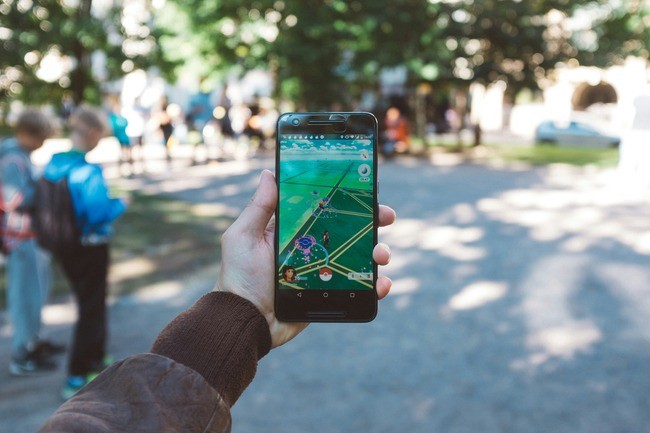
"Pokemon Go," a popular free-to-play game, provides an enjoyable experience without requiring any payment. However, transferring Pokemon between "Pokemon Go," "Pokemon Home," and other games may incur costs, especially when done in large quantities, although this is a rare occurrence.
Niantic employs various monetization methods for "Pokemon Go," such as paywalls for items and Pokemon expansions, item boxes with questionable value, cosmetics, Remote Raid Passes, Incubators, Incense, Lucky Eggs, restorative items, and tickets for special event rewards. Including research tickets has sparked controversy among fans, as they have become more prominent and offer significant advantages compared to playing the game for free.
"Pokemon Go" Community Raises Concerns Over Apparent Shift Towards Pseudo-Subscription Model
"Pokemon Go" enthusiasts are expressing growing concerns over the game's apparent shift towards a pseudo-subscription model, where premium content is seemingly concealed behind paywalls.
The discussion originated on The Silph Road Reddit, where a user initiated a thread questioning whether "Pokemon Go" now operates as a faux-subscription service, with the best features requiring payment. Fellow players swiftly chimed in, sharing their frustrations and critiques regarding the evolving monetization strategies employed by Niantic.
Some users expressed discontent, citing instances such as the remote raid Nerf implemented last year, which exacerbated the perception of the game prioritizing financial gains over user experience.
A prevailing sentiment among players is that certain elements, including essential features and special events, have become exclusively accessible through paid options. This has led to particular difficulties for players in rural areas or those with various commitments.
Criticism was directed at the perceived low value of some in-game purchases, particularly event tickets, which were deemed to offer little additional benefit compared to standard gameplay.
The thread also discussed the impact of changes to Remote Raid Passes, which were identified as contributing to the growing monetization concerns.
Players are debating whether Niantic's moves risk alienating the player base or if the community is stuck in a sunk-cost fallacy that encourages tolerance for negative changes despite realizing the necessity for "Pokemon Go" to produce cash. The discussion highlights the continuous difficulty game creators encounter in finding a balance between player experience and revenue.
New Trick Surfaces for 'Pokemon Go' Players Seeking Galarian Birds
"Pokemon Go" players seeking the elusive Galarian Birds have a newfound trick to enhance their chances. These rare creatures, Articuno, Zapdos, and Moltres, boast a mere 0.3% catch rate, making them highly coveted. A recent revelation suggests a trick to increase the likelihood of encountering at least one Galarian Bird while using Daily Incense.
The trick involves initiating the incense precisely at XX:57 o'clock, as shared by a Reddit user who claimed success with a Galarian Moltres encounter at 4:57 pm.
While the legitimacy of the trick remains unconfirmed, some players reported successful encounters, adding credibility to the method. The nuanced nature of the trick and user testimonials contribute to the ongoing excitement and engagement within the "Pokemon Go" community.
As players continue their quest for rare Pokémon, such player-driven strategies, like the incense trick, enrich the gaming experience.
Related Article : 'Pokémon Go' Enthusiasts Unveil 'Incredible' Trick For Guaranteed Critical Catches
© Copyright 2025 Mobile & Apps, All rights reserved. Do not reproduce without permission.















